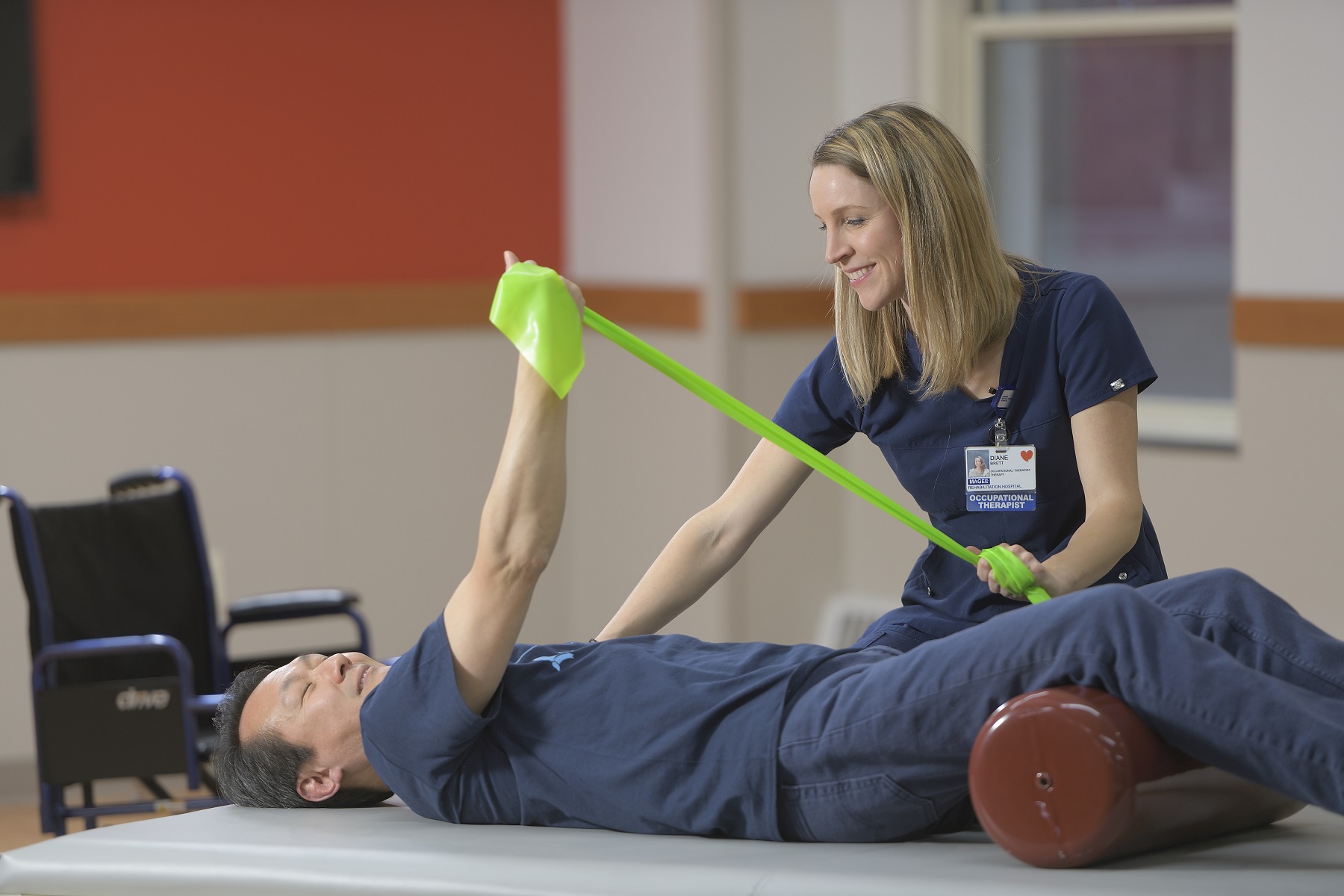Equilibrium and stability are essential components of physical fitness and general well-being. They serve a critical part in everyday tasks, athletic capability, and harm avoidance. When an person has strong equilibrium and steadiness, they are not as prone to trip or sustain damages during bodily exercises. One efficient way to evaluate these attributes is through Practical Movement Screening (FMS). FMS is a tool used to evaluate movement styles and recognize discrepancies or deficiencies that could result to harm.
Practical Motion Assessment includes a sequence of particular tests that assess how well a individual functions. The tests concentrate on basic actions such as squat, lunge, and flexing. By watching these actions, coaches and medical experts can identify areas where an person may have difficulty. For example, if someone has difficulty maintaining balance while executing a squat, it may suggest a need for targeted exercises to improve strength and coordination. This assessment not only identifies weaknesses but also helps to track progress over a period.

In addition to recognizing areas for enhancement, FMS plays a vital role in preventing injuries. Many damages occur as a consequence of inadequate motion mechanics, which can be detected through functional assessments. By addressing these problems early on, people can lower their risk of injury during sports or other bodily exercises. For instance, a jogger who shows an discrepancy in their stride may be increasingly susceptible to leg injuries. By adjusting these discrepancies through targeted training programs, the likelihood of injury can be substantially reduced.
Additionally, enhancing performance is another advantage of performing a comprehensive assessment of balance and steadiness. Sportspeople and active individuals often aim to enhance their capability in specific sports or exercises. A comprehensive understanding of their click this link now movement patterns allows trainers to create customized exercise regimens that target particular deficiencies. By improving balance and steadiness, sportspeople can enhance their overall capability, whether it’s jogging more quickly, jumping higher, or performing exact movements in their sport.
In summary, the significance of assessing balance and steadiness through Practical Movement Screening cannot be exaggerated. This thorough assessment serves as a foundation for enhancing physical fitness, avoiding harm, and find more information improving sporting performance. By recognizing areas of deficiency and implementing targeted exercise approaches, individuals can achieve better results in their physical activities. Focusing on equilibrium and steadiness not only results to improved capability but also adds to a healthier, more energetic lifestyle.
Comments on “Enhancing Performance and Minimizing Harm Risk via Comprehensive Evaluation of Equilibrium and Stability through Functional Mobility Screening.”